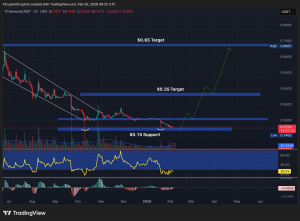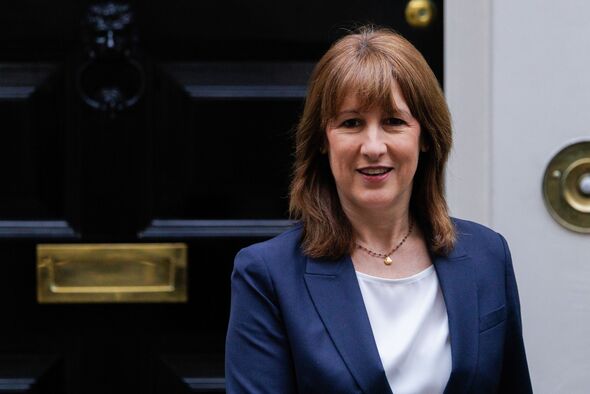Last updated:
 Why Trust Cryptonews
Why Trust Cryptonews
Ad Disclosure
We believe in full transparency with our readers. Some of our content includes affiliate links, and we may earn a commission through these partnerships. Read more

Florida Republican Senator Joe Gruters has introduced a bill proposing that the state allocate a portion of its funds to Bitcoin and other digital assets as a hedge against inflation.
The proposal follows similar legislative moves by other U.S. states exploring Bitcoin adoption in their financial reserves.
Gruters introduced the bill to the Florida Senate on February 7, arguing that inflation has significantly reduced the purchasing power of state-managed funds.
“The state should have access to tools such as Bitcoin to protect against inflation,” Gruters stated, emphasizing that major financial firms like BlackRock, Fidelity, and Franklin Templeton already recognize Bitcoin as a store of value and inflation hedge.
Florida Bill Proposes Authorizing CFO to Invest State Funds in Bitcoin
Under the proposed legislation, Florida’s Chief Financial Officer (CFO) Jimmy Patronis would be authorized to invest in Bitcoin within various state funds, including the general reserve fund, budget stabilization fund, and select agency trust funds.
However, Bitcoin holdings would be capped at 10% of any account’s assets.
By comparison, Wyoming recently proposed a similar bill but with a 3% cap on Bitcoin allocations.
Meanwhile, Kentucky became the 16th state to introduce legislation supporting a Bitcoin reserve just a day before Gruters’ bill was filed.
Gruters’ proposal comes months after Florida’s CFO Jimmy Patronis advocated for Bitcoin investment in state retirement funds.
In an October 29 letter, Patronis referred to Bitcoin as “digital gold”, suggesting it could diversify the state’s portfolio and act as a hedge against traditional asset volatility.
As reported, Missouri Representative Ben Keathley has also introduced a bill aimed at incorporating Bitcoin into the state’s financial strategy.
House Bill 1217 (HB 1217), filed on February 6, proposes the creation of a Bitcoin Strategic Reserve Fund as a hedge against fiat currency inflation and a means to diversify Missouri’s investment portfolio.
Utah One Step Closer to Becoming First US State with Bitcoin Reserve
Utah House Bill 230 recently cleared the state’s House of Representatives on February 6 and is now moving to the Senate.
Utah’s bill, introduced by Representative Jordan Teuscher, would allow the state treasurer to allocate up to 5% of public funds into Bitcoin, stablecoins, and other high-cap digital assets.
According to data from bitcoinlaws.io, 17 U.S. states are actively discussing Bitcoin reserves, with Arizona, Kentucky, New Hampshire, North Dakota, Wyoming, and South Dakota among those considering similar legislation.
Utah remains the frontrunner, with its bill just two steps away from enactment.
However, not all states have embraced the idea.
North Dakota lawmakers recently rejected a proposal (HB1184) that would have allowed investment in crypto and precious metals, with the bill failing in a 32-57 vote on January 31.
In another positive development, US spot Bitcoin exchange-traded funds (ETFs) saw inflows totaling nearly $5 billion in January, a strong start that could push them toward $50 billion or more by the end of the year, according to Bitwise CIO Matt Hougan.
Hougan noted that spot Bitcoin ETFs absorbed $4.94 billion in January alone, an annualized pace of approximately $59 billion.


















